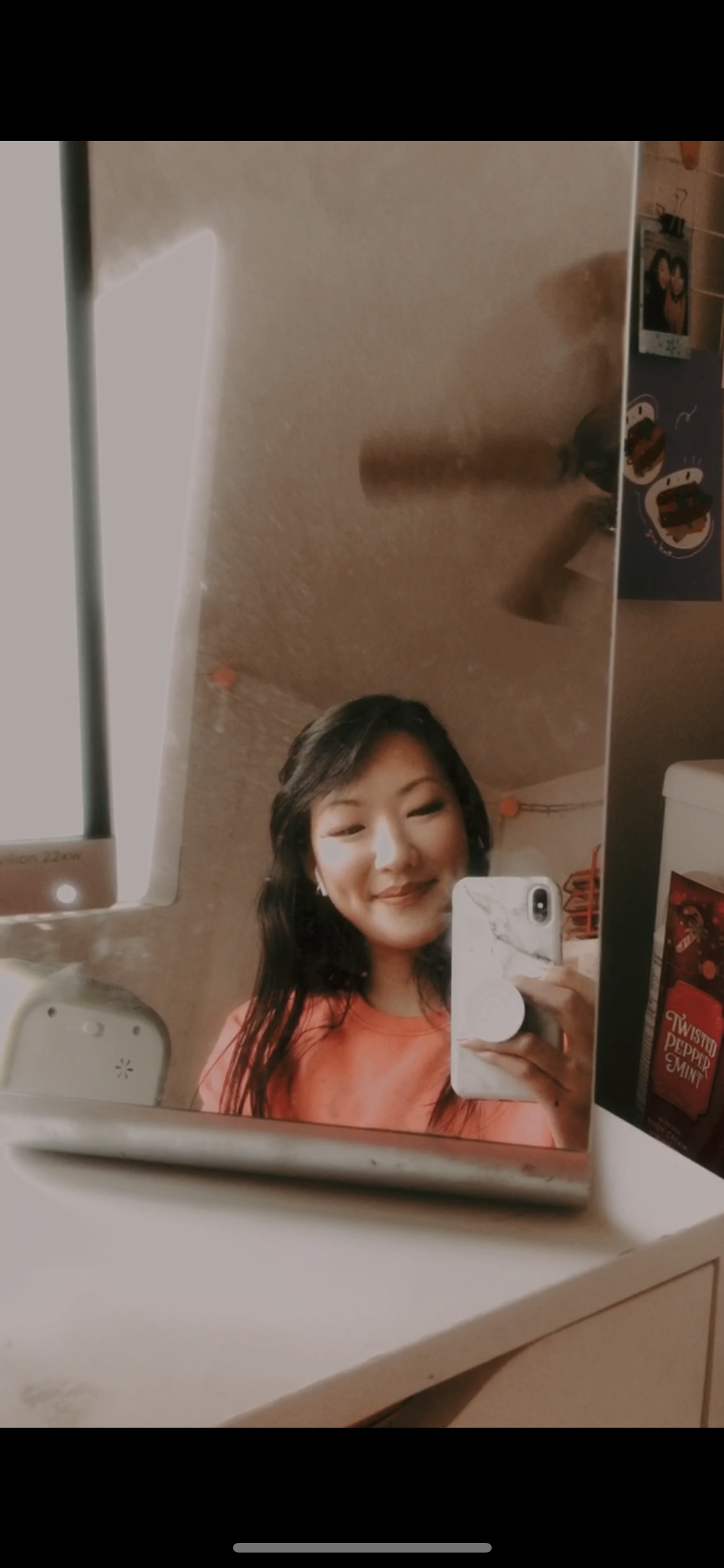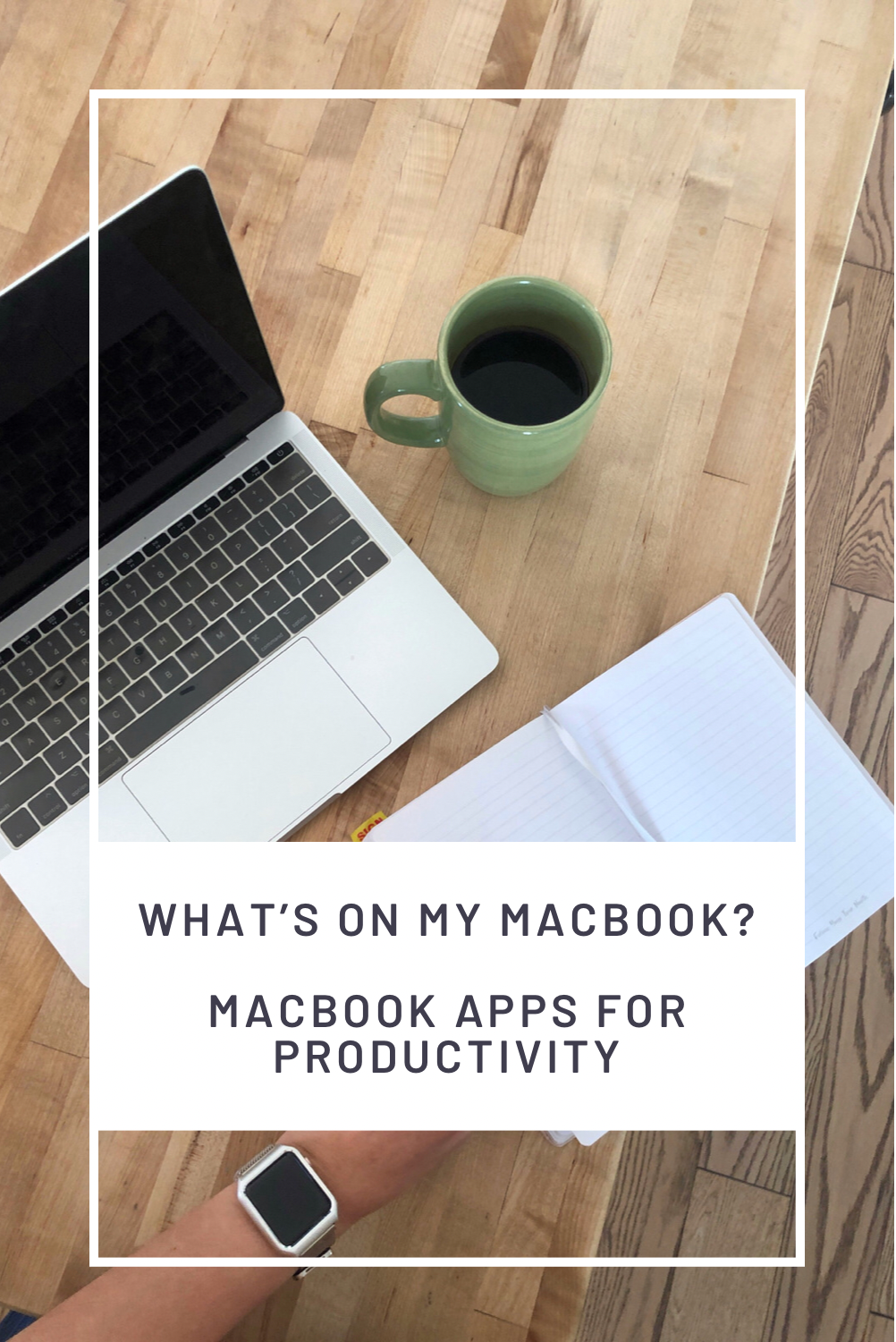It's SUMMER friends!! I am very biased when it comes to summer. My birthday is in summer and since I'm on an academic calendar as a grad student, summer is just a smidge more slow-moving than other semesters which makes every moment count that much more!
One of the most common questions I get asked by friends who aren't in grad school is "So, what do you do in the summers?". And, I totally get it. It's really hard to fathom what a grad student does with their summers! Are we taking classes? Teaching? But aren't all the undergraduate students on break? Is it all research? Truthfully, it varies A LOT. Depending on what your teaching responsibilities are, where you are in your program, and how research-focused your university is, your summer may look very different to that of another grad student.
In my own experience, my summers are a little slower-paced than the school years, but that doesn't mean there's necessarily less work to be done. Though there's less running around campus because you have fewer classes to teach and meetings on campus, summer is also seen as this downtime where you try to cram in as much research work as possible. I either teach or TA multiple classes in the fall/spring semesters and since that can be a pretty big time sink, everyone tries to cram in as much research work as possible in the summers!
That being said, there's definitely more flexibility in where and how you do your work. So, while most in-person meetings stop and you have the freedom to do your work on the go, you don't stop working just because it's summer. To try and help demystify what grad students do in the summers, here's a day in my life as a PhD student - summer edition!
6:30 AM — I'm usually up around 6 or 6:30 AM. I tend to be an early bird and do my best work in the mornings so I like to take advantage of that time by rolling out of bed and spending my most mentally sharp hours doing some reflection or getting straight to work!
7:00 AM — This particular day, I started it off by journaling and meditating. This isn't always the case for me - it really depends on my schedule - but in the summer months when things move a tad slower in the academic world I take some morning time to actually slow down and reflect!
7:20 AM — Planning! I'm a planner addict through and through. I just don't feel ready for the day if I haven't spent some
8:30 AM — Coffee :)
8:40 AM — Fitting in a workout! If I have the time, I try to spend some time on my bike (If you're curious about my bike - I wrote a whole blog post about it here: Sunny Bike Review and My Home Cycling Setup) in the mornings. Sometimes, it's 15 minutes, sometimes it's an hour.
9:15 AM — Getting ready for the day. Not everyone may feel the need to do a whole skincare and make-up routine, but for me, it's a process I enjoy and it makes me feel more prepared and ready to take on the day. (My current daily skincare favorite: Grace & Stella hyaluronic acid)
9:30 AM — Emails and catching up with students. I'm a TA for a class this summer, but it's much less busy than my teaching responsibilities during the school year.
10:00 AM — Data work and designing studies. Here's where the bulk of my time goes in the summer. Today I'm planning some additional data collections and researching measures to include in a future survey.
3:30 PM — Cuddle break with the cats! Remember to take breaks y'all :)
4:00 PM — More data work! Some collaborators and I recently collected data so on this particular day, I'm cleaning up data and making sure it's ready to be analyzed.
6:00 PM — Closed my computer for the night and took a little walk with my fiance. We're really lucky to live next to a beautiful little lake. Being outdoors always make me feel like work is a little more bearable.
6:30 PM — Dinner! I'm an early bird so I pretty much stop working past 5 or 6 if I can because even if I try to work after dinner, all of my work usually turns out half as good as it does in the mornings. My fiance and I usually spend a couple hours watching mindless reality TV to decompress from work :P (Current favorites are Love Island and The Challenge)
9:00 PM — lights out!
You can see that for me, I don't always work an 8 hour day. In fact, most days, I don't work a full 8 hours because my brain isn't able to focus fully for those 8 hours. Instead, I choose to work part of every weekend to make up that time when my brain is more awake and at full capacity. This isn't going to work for everyone - I know some people prefer to have full weekends to themselves - but for me, working a little on the weekends gives me the freedom to disconnect when I need to on the weekdays.
I hope this was helpful - especially if you're new to grad school and wondering what in the world grad students do in the summers! Have any more questions? I'd love to hear from you - leave me a comment or shoot me a message!
Some of my tech favorites:
You might also like:











































